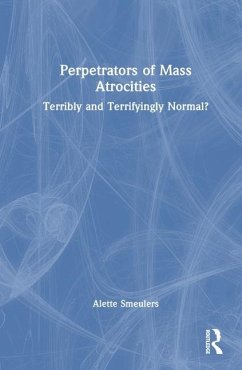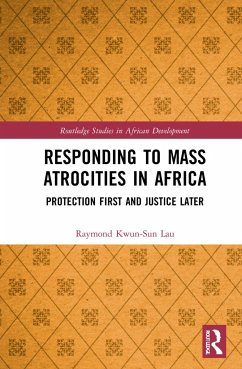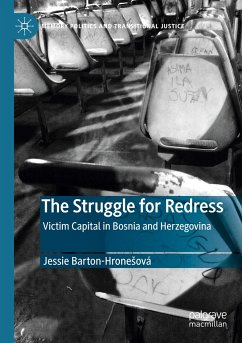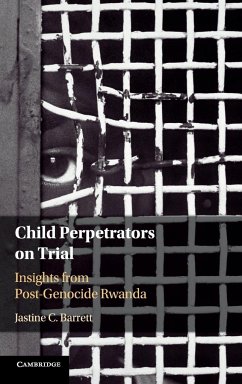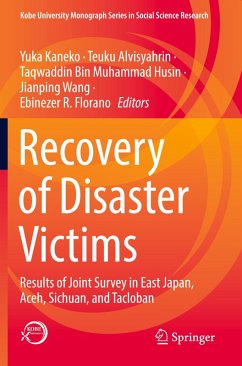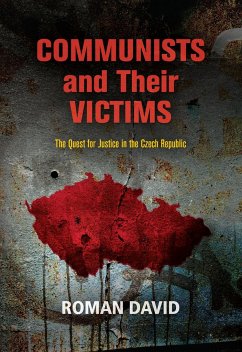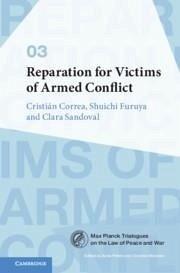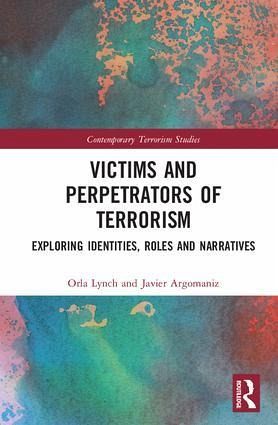
Victims and Perpetrators of Terrorism
Exploring Identities, Roles and Narratives
Herausgeber: Lynch, Orla; Argomaniz, Javier
Versandkostenfrei!
Versandfertig in 1-2 Wochen
168,99 €
inkl. MwSt.

PAYBACK Punkte
84 °P sammeln!
This project seeks to understand how former perpetrators and victims of terrorism can work in preventing violence in a number of contexts.



